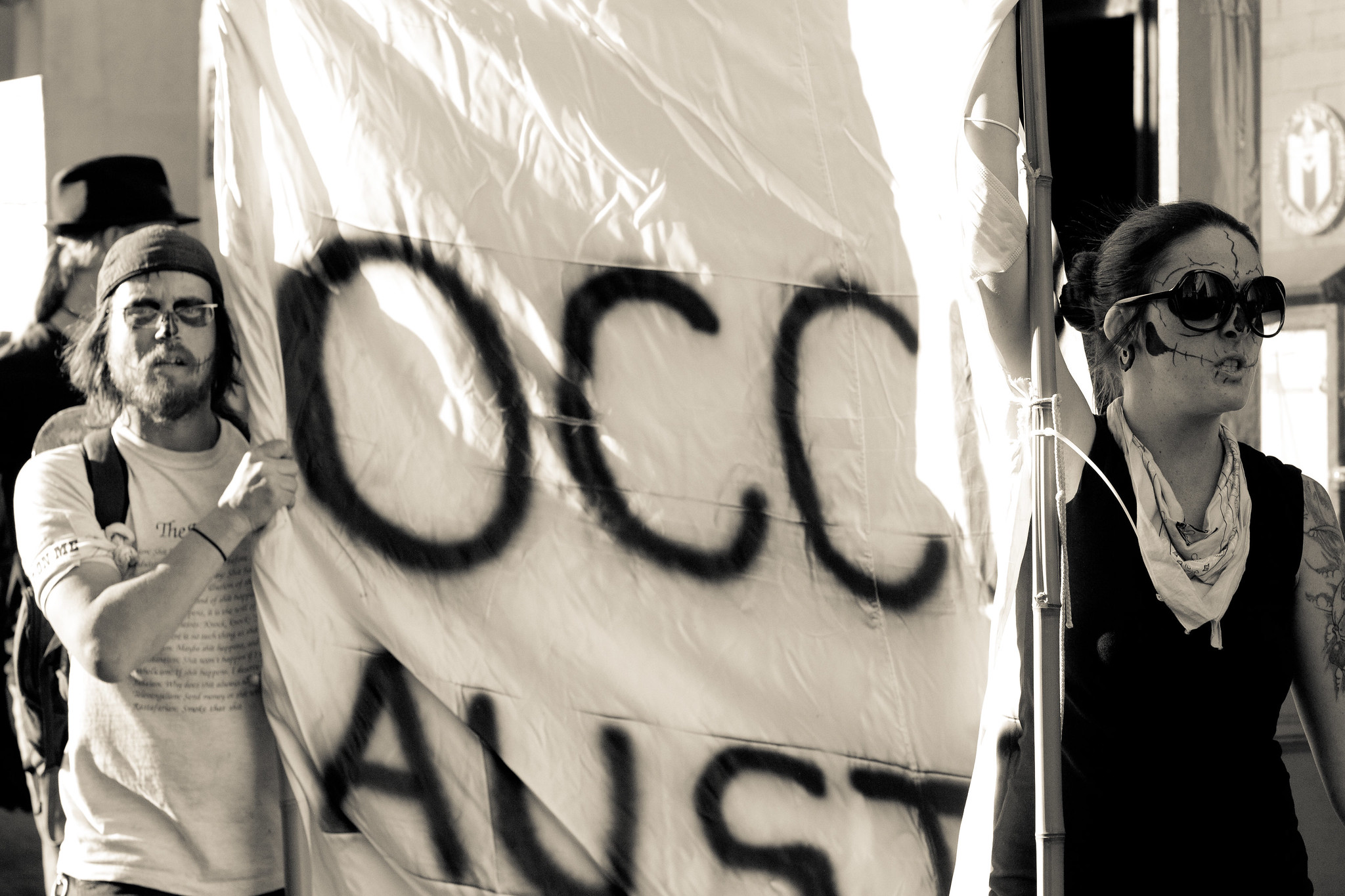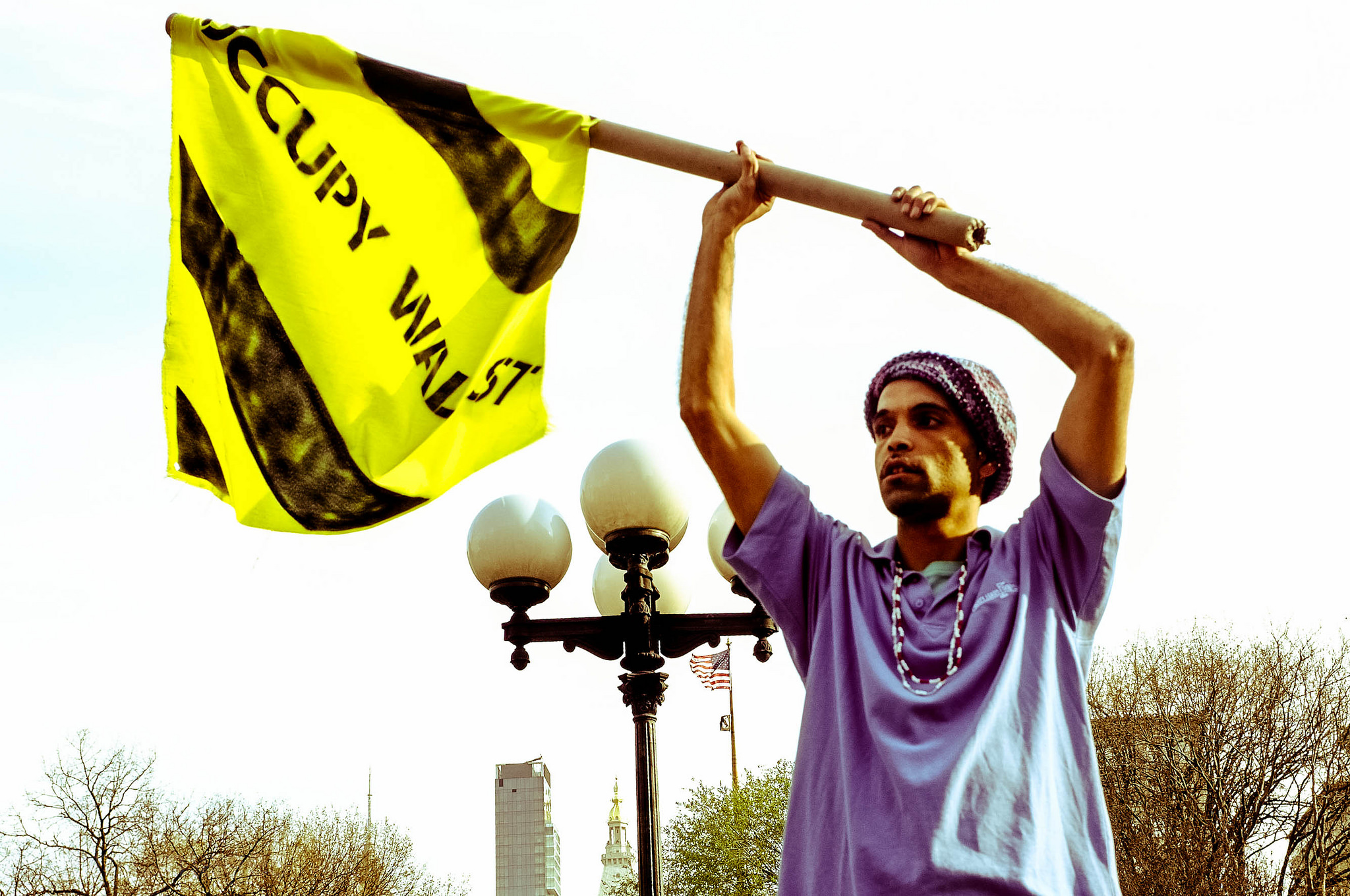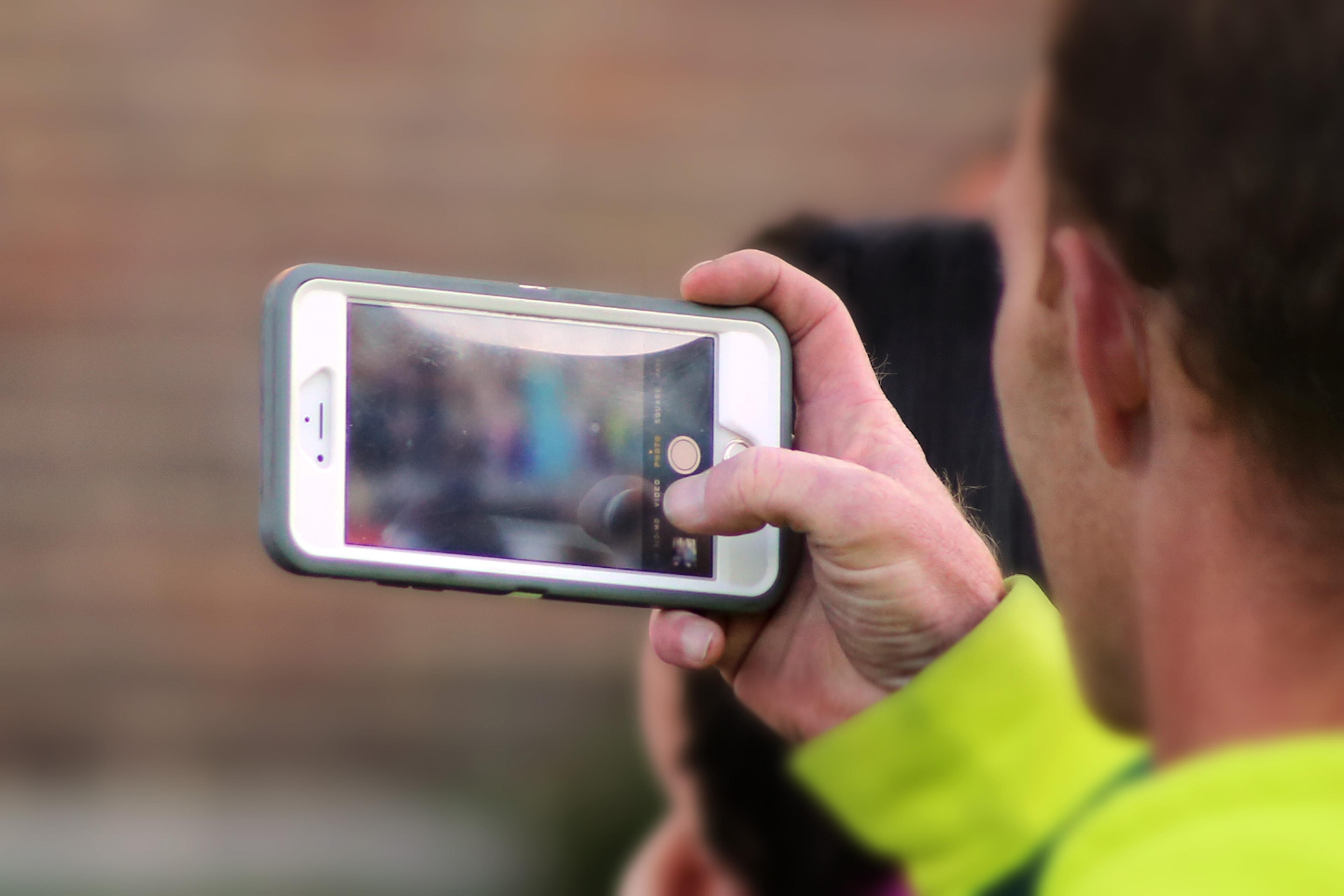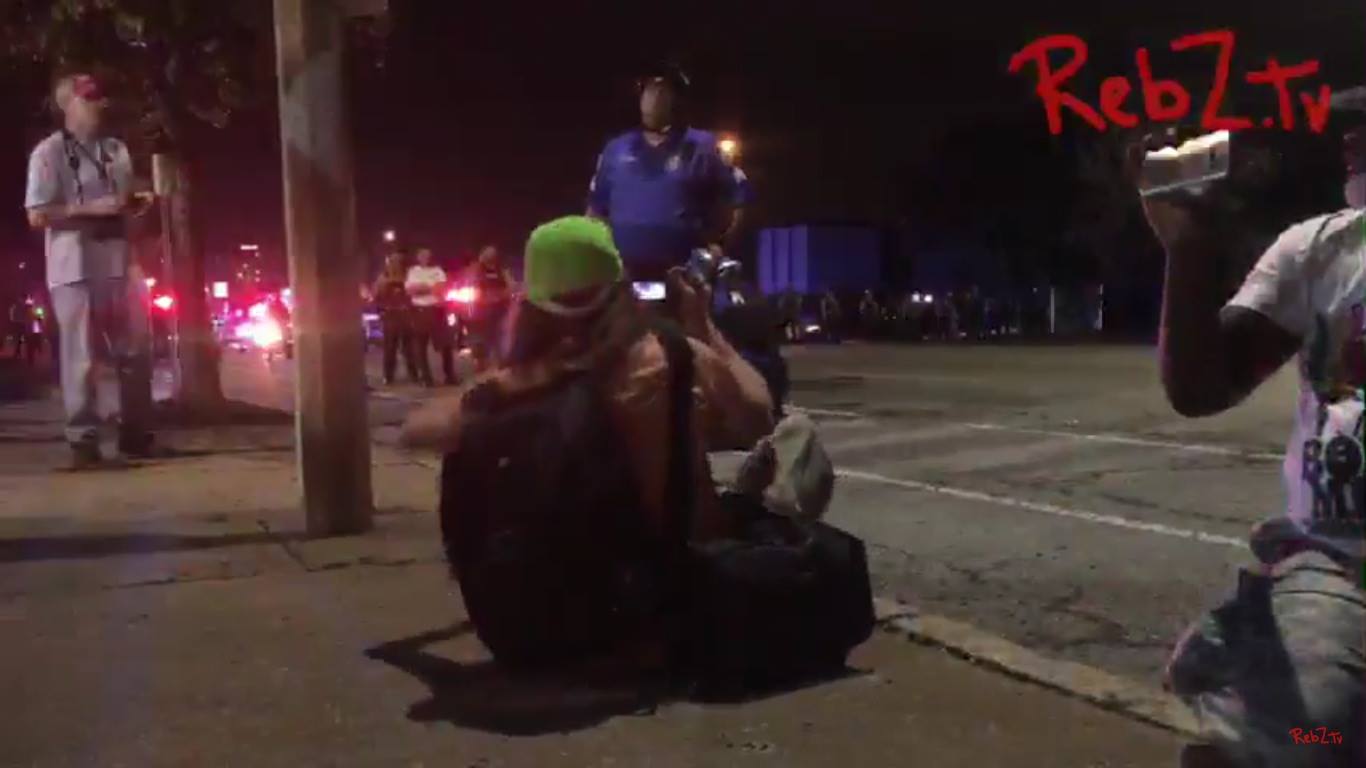Over the weekend of Halloween in 2011, 38 people were arrested at Occupy Austin, the local outgrowth of Occupy Wall Street, a national, mostly anticapitalist movement targeting systemic inequality and corporate influence. I wasn’t involved in the movement yet, but this incident, and a certain social network, set off a chain of events that launched my journalism career.
I joined Twitter in 2009 after attending a technology and sex conference in San Francisco. I noticed everyone using their phones and laptops in a new way to communicate with each other about the conference, even if they hadn’t met before. So I was virtually watching two years later, when dozens of people got arrested in my town in a single night over sharing food.
Like most Democratic cities, officials voiced initial support for the activists camping at Austin City Hall, until two things became clear: one, that Occupy was not focused on pushing the Democratic Party’s agenda or candidates, and two, that the movement made the city’s growing poverty problem impossible to ignore by bringing unhoused campers to its front door. After that, they tried every possible trick (constitutional or otherwise), along with escalating police violence, to dismantle the encampment and undermine the networks springing up around it.




